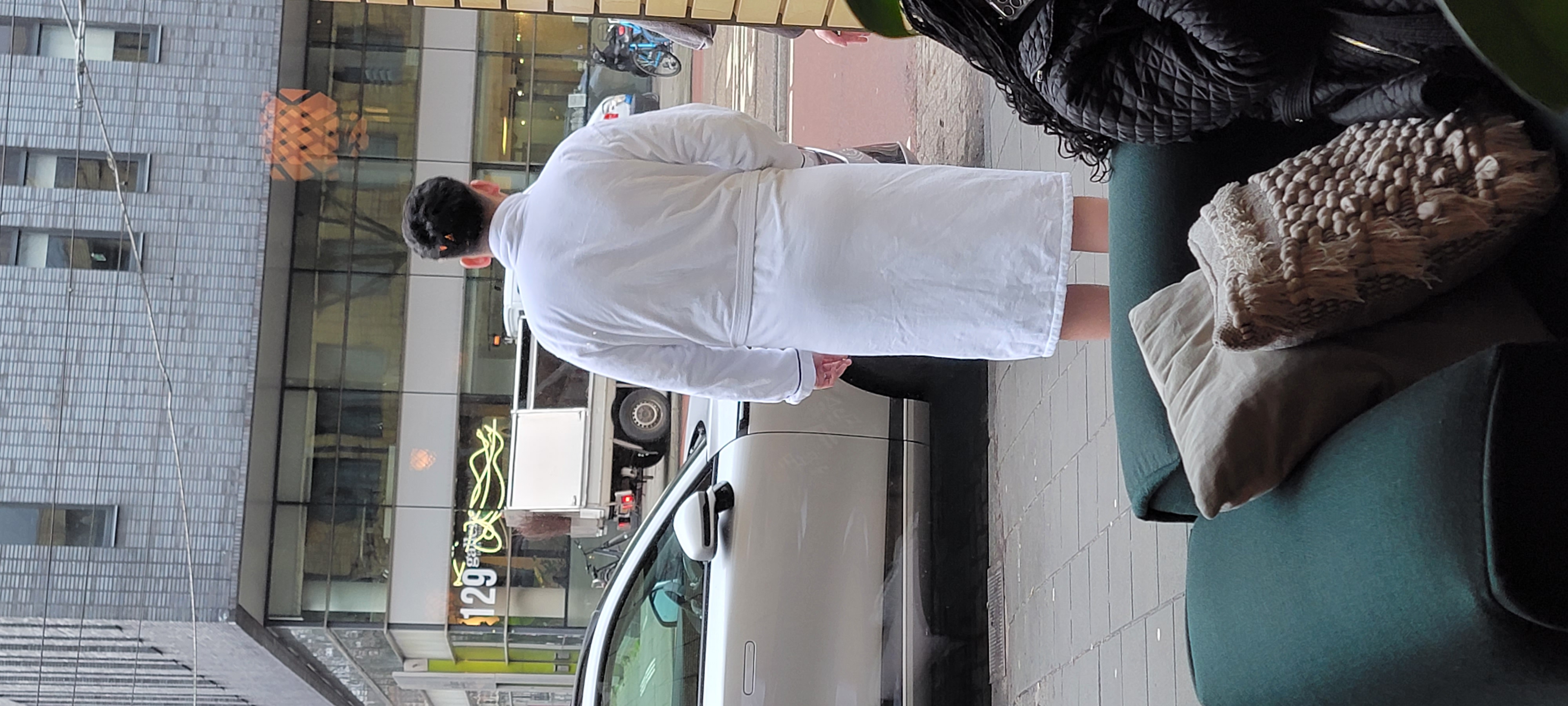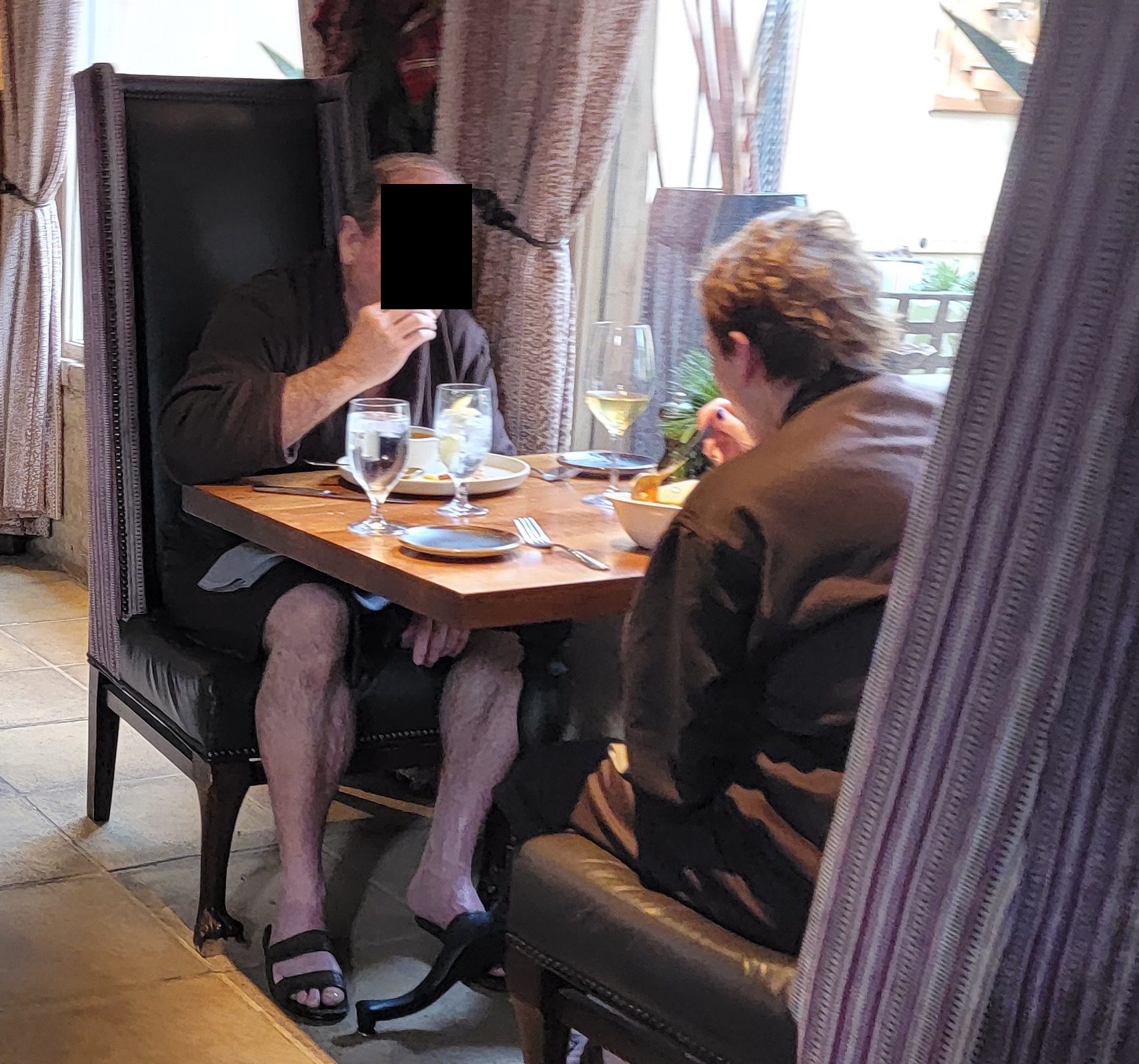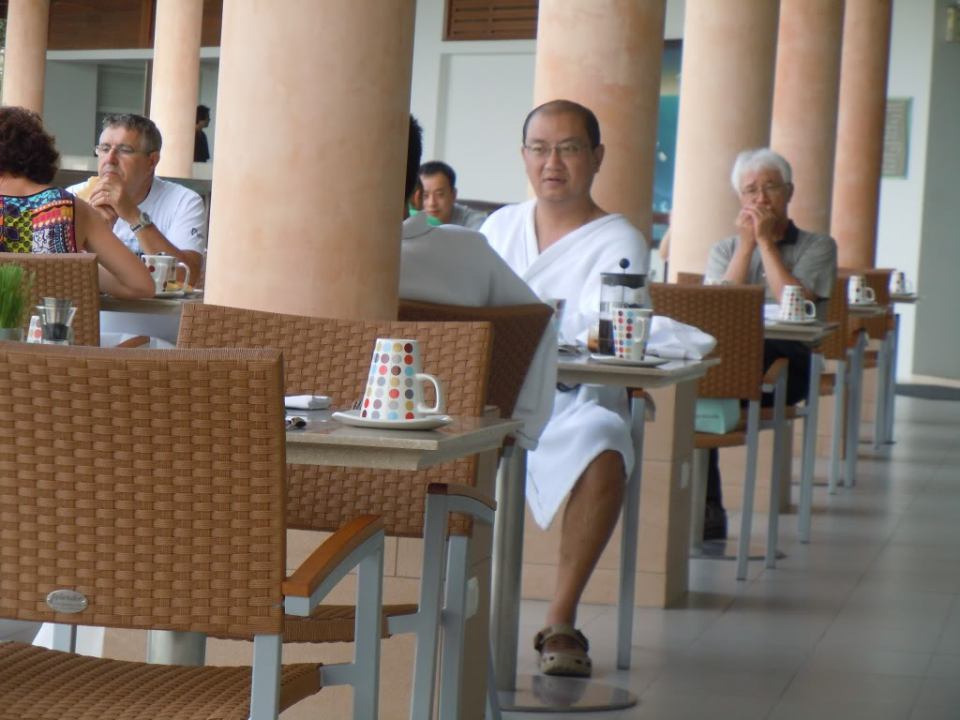Courtesy at the Crossroads: Luxury Hotels’ Last Stand to Protect Their Names and Reputations
Skift has published opinion pieces suggesting that the customer isn’t always right and that hotels need to crack down on bad behavior, but the message isn’t really about hotels vs. customers, it’s about which customer is right.
In other words, when guests overindulge, it’s the hotel’s other guests who suffer: These guests aren’t getting value for their money from a luxury hotel because their hotel experience is less luxurious when guests wander around the lobby in a swimsuit or head to breakfast in a bathrobe.
The hotel has invested in an overall aesthetic, from the architecture to the room décor, but that creation is trumped by the aesthetics of other guests.
No formal attire required
And if most hotels only welcomed beautiful people, they wouldn’t have any customers at all.
But when complacent guests impose external burdens on everyone, the overall experience suffers and scares off repeat customers.
The Hyatt Regency Amsterdam guest stood in the January chill in his bathrobe, smoking something other than a cigarette.

This gentleman, staying at the Westin Siray Bay in Phuket, arrived for breakfast in a bathrobe and sat with an oversized posture.

Was this really necessary at Scottsdale’s Royal Palms?

The hotel manager, played by Hector Elizondo, may have ultimately fallen for Julia Roberts in Pretty Woman, but his initial reaction was spot on: “What happens at other hotels doesn’t happen at the Regent Beverly Wilshire.”
Imagine sitting in the sophisticated lounge of a luxury hotel only to be interrupted by a loud FaceTime call from another guest. Or imagine a five-star dining room where athleisure has become as commonplace as formal attire, with public spaces transformed into private living rooms and guests clad in underwear or less.
This is fine for some hotels, but each brand needs to understand who their customer is, what they’re trying to achieve, and then commit to sticking to the standards they set – that’s how they improve the experience for everyone and make their business better.
Skift points out that Hotel du Cap maintains an elegant atmosphere by prominently posting house rules in each room and enforcing a dress code. By setting clear standards and skillfully enforcing them, the hotel ensures that individual behavior doesn’t ruin the overall experience. This is not something most hotels can or should do, but it’s a minimum rule that should apply in many other places.
A casual beachfront resort may allow more relaxed attire, while an upscale city hotel may strictly enforce a more formal dress code. The key is to communicate clearly, set expectations before and during a guest’s stay, and ensure that enforcement is handled tactfully and respectfully.
Guests and hotels working together to create an atmosphere of mutual respect and consideration can greatly improve the overall experience. It’s likely that the majority of hotel guests, whether they realize it or not, would appreciate improved standards of behavior towards other guests because it impacts the background experience the hotel is able to provide.



